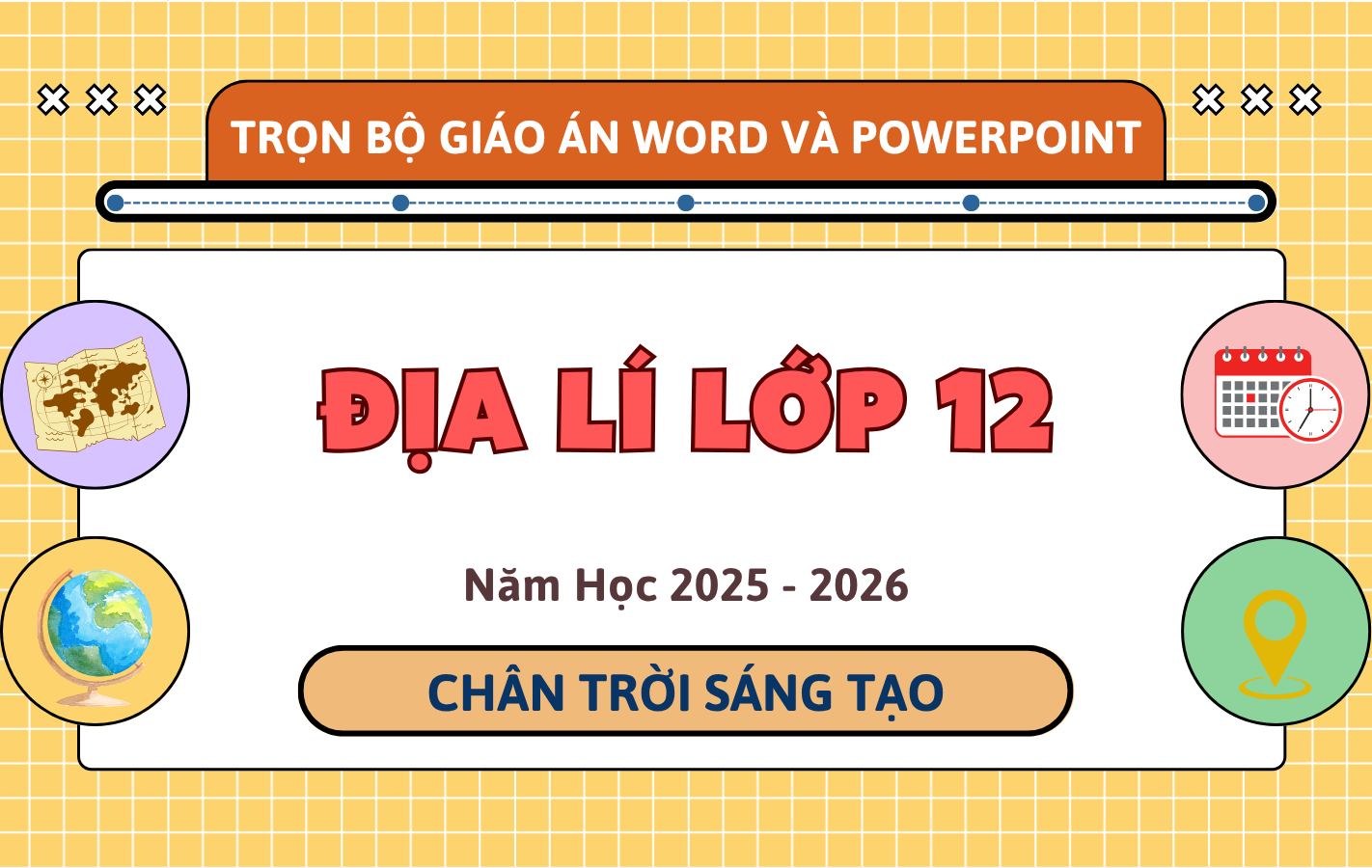Câu hỏi:
Read the following passage and choose the best answer to each of the following questions from 23 to 30.
1. Learning music is very good for children’s brains. Studies show that playing an instrument, singing, or joining group music activities can improve memory, attention, and problem-solving skills. Music challenges the brain and helps it grow. Research from the American Psychological Association says that music can strengthen areas of the brain connected to memory, spatial skills, and language. These benefits also help children do better in school and learn important skills for the future.
2. A major benefit of music is the improvement of memory. When children learn an instrument or memorise lyrics, they practise recalling information. Music involves patterns, sequences, and rhythms that children must remember, which strengthens their working memory. This skill is useful in school, as it enables children to retain information for tests, homework, and projects more effectively.
3. Music also enhances concentration and attention. In music lessons, children are encouraged to listen carefully, follow instructions, and practise regularly. These activities teach them to focus on tasks and complete steps in order. Research shows that children who engage in music training often demonstrate better attention spans, which positively affects their learning in other subjects.
4. Music encourages creative thinking and problem-solving. Playing an instrument or interpreting a musical piece requires children to analyse the music, solve playing challenges, and express ideas. These skills help them in daily life and support academic subjects such as mathematics and science, where critical thinking is important.
5. Finally, music supports language development. Studies from the University of Toronto show that children involved in musical activities improve their reading, speech, and language comprehension. Learning rhythms and patterns helps them recognise sounds and syllables, while songs and lyrics expand vocabulary. These experiences enhance children’s overall language abilities.
Which of the following is TRUE according to the passage?
Though its main purpose is entertainment, the use of music in educational settings still helps kids learn to speak.
Music provides a multifaceted approach to language learning, from structural aspects to vocabulary aspects.
Researchers are examining how music influences children's ability to learn reading and writing at an early age.
Learning musical rhythm and sound structures is similar to learning syllables and pronunciation for children.
Đáp án đúng: B
Đáp án đúng là: B. Music provides a multifaceted approach to language learning, from structural aspects to vocabulary aspects.
Giải thích: Nêu nhịp/âm tiết (cấu trúc) và lời bài hát (từ vựng).
Câu hỏi này thuộc đề thi trắc nghiệm dưới đây, bấm vào Bắt đầu thi để làm toàn bài
Bộ Đề Kiểm Tra Giữa Học Kì I - Tiếng Anh 10 - Global Success - Bộ Đề 01 được biên soạn theo cấu trúc chuẩn của chương trình GDPT mới. Đề gồm các dạng bài đa dạng như trắc nghiệm ngữ âm, từ vựng – ngữ pháp, đọc hiểu và viết, giúp học sinh rèn luyện toàn diện kỹ năng tiếng Anh. Tài liệu phù hợp để ôn tập, kiểm tra năng lực và làm quen với dạng đề thi thực tế, hỗ trợ cả học sinh trong quá trình học và giáo viên trong việc giảng dạy, đánh giá.
Câu hỏi liên quan
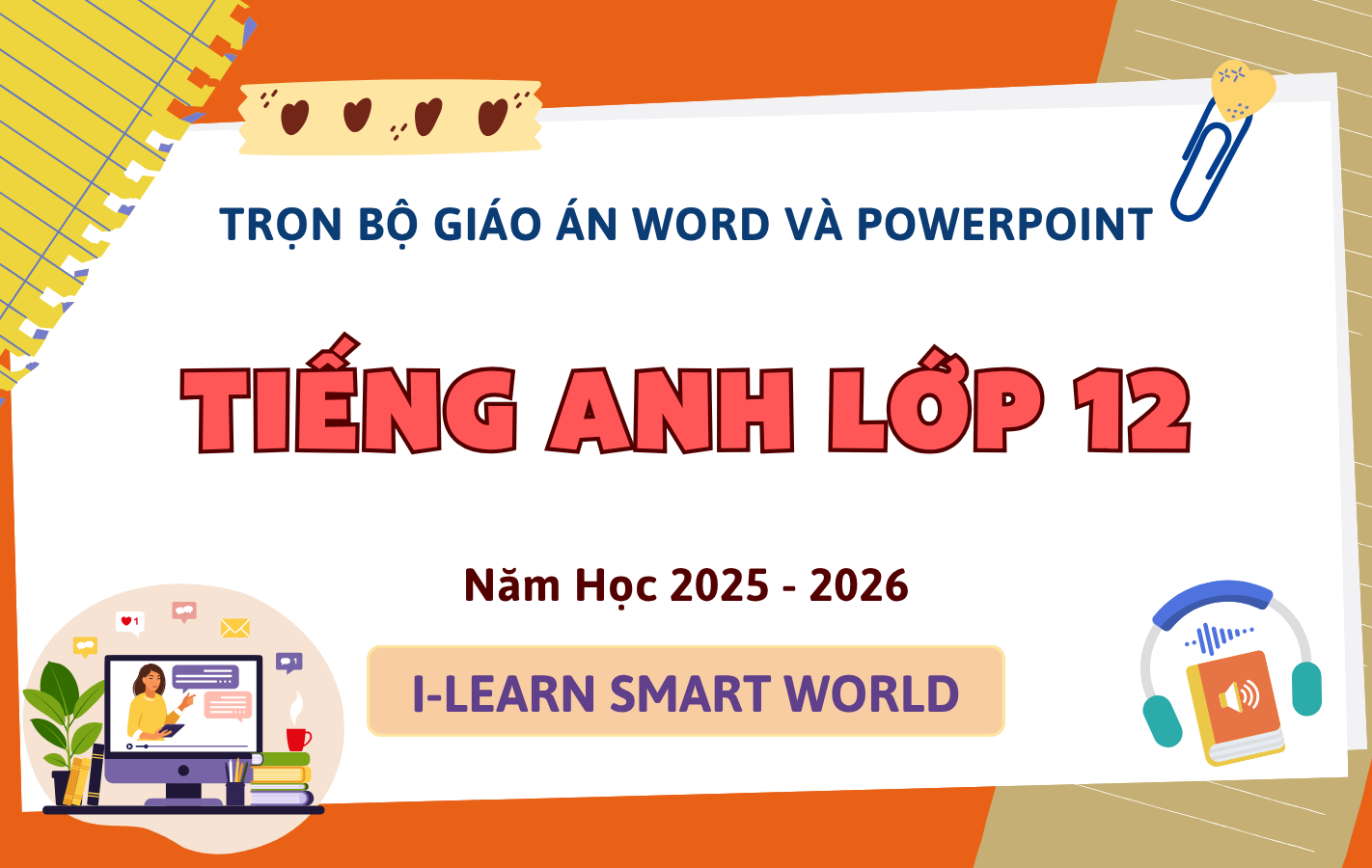
Trọn Bộ Giáo Án Word & PowerPoint Tiếng Anh 12 – I-Learn Smart World – Năm Học 2025-2026
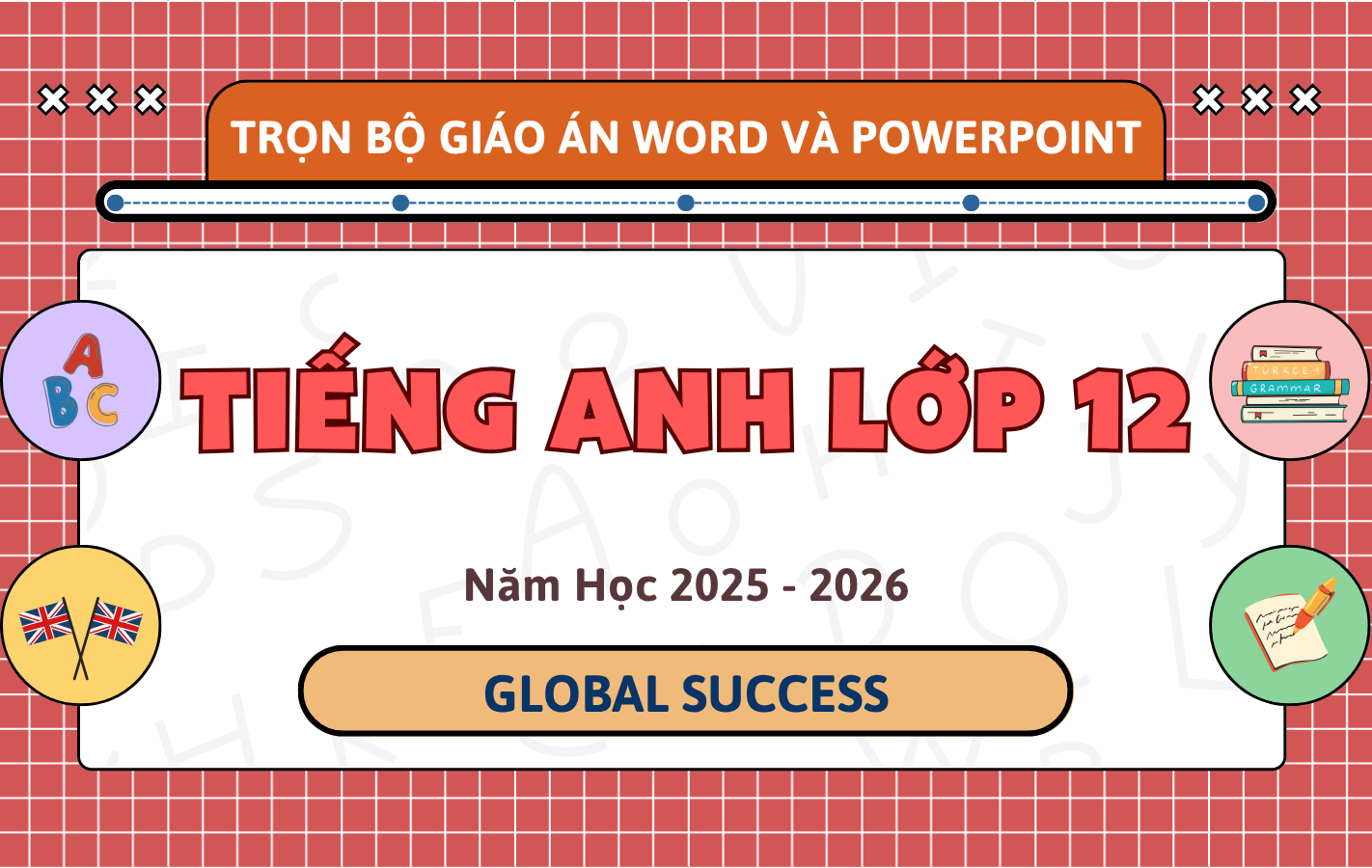
Trọn Bộ Giáo Án Word & PowerPoint Tiếng Anh 12 – Global Success – Năm Học 2025-2026
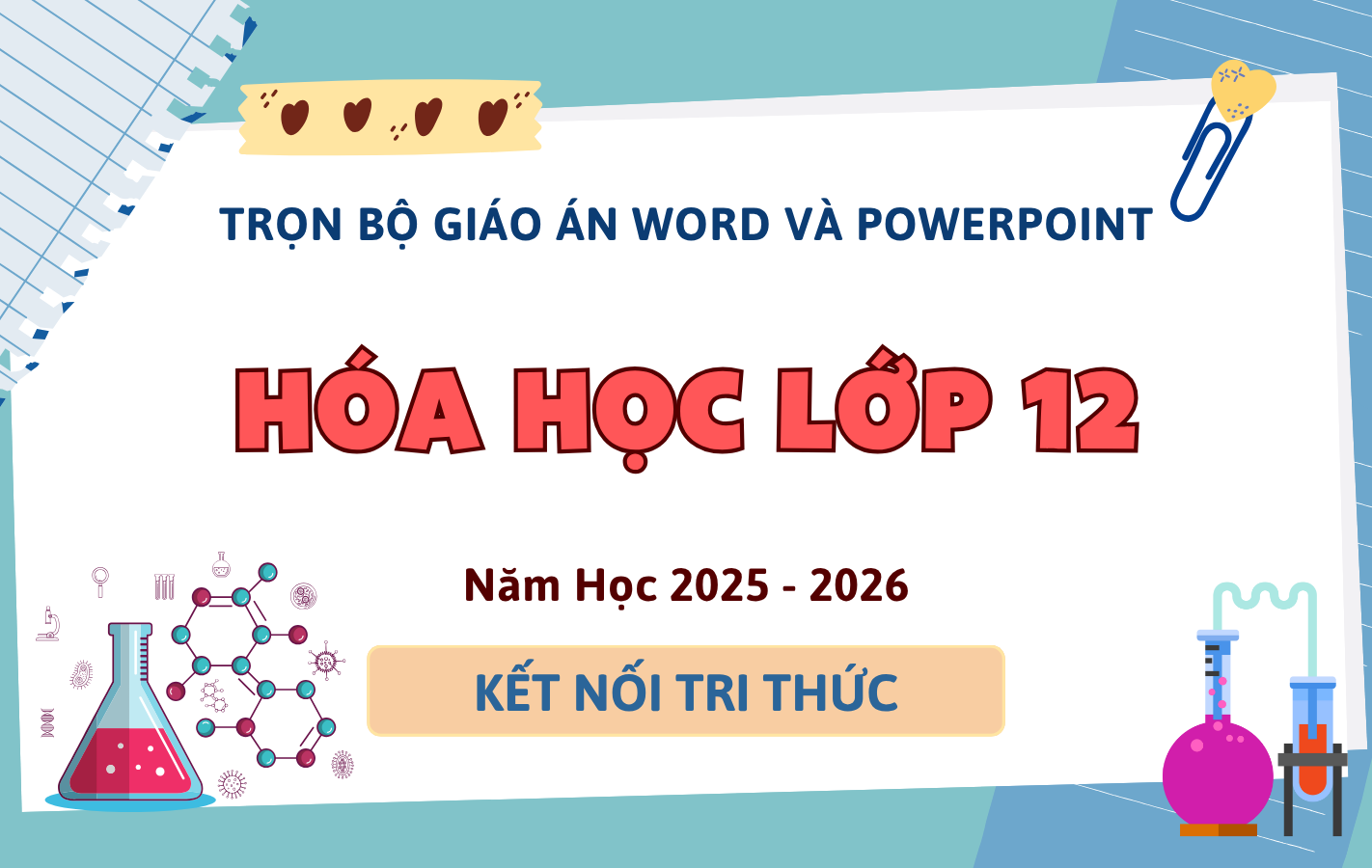
Trọn Bộ Giáo Án Word & PowerPoint Hóa Học 12 – Kết Nối Tri Thức – Năm Học 2025-2026
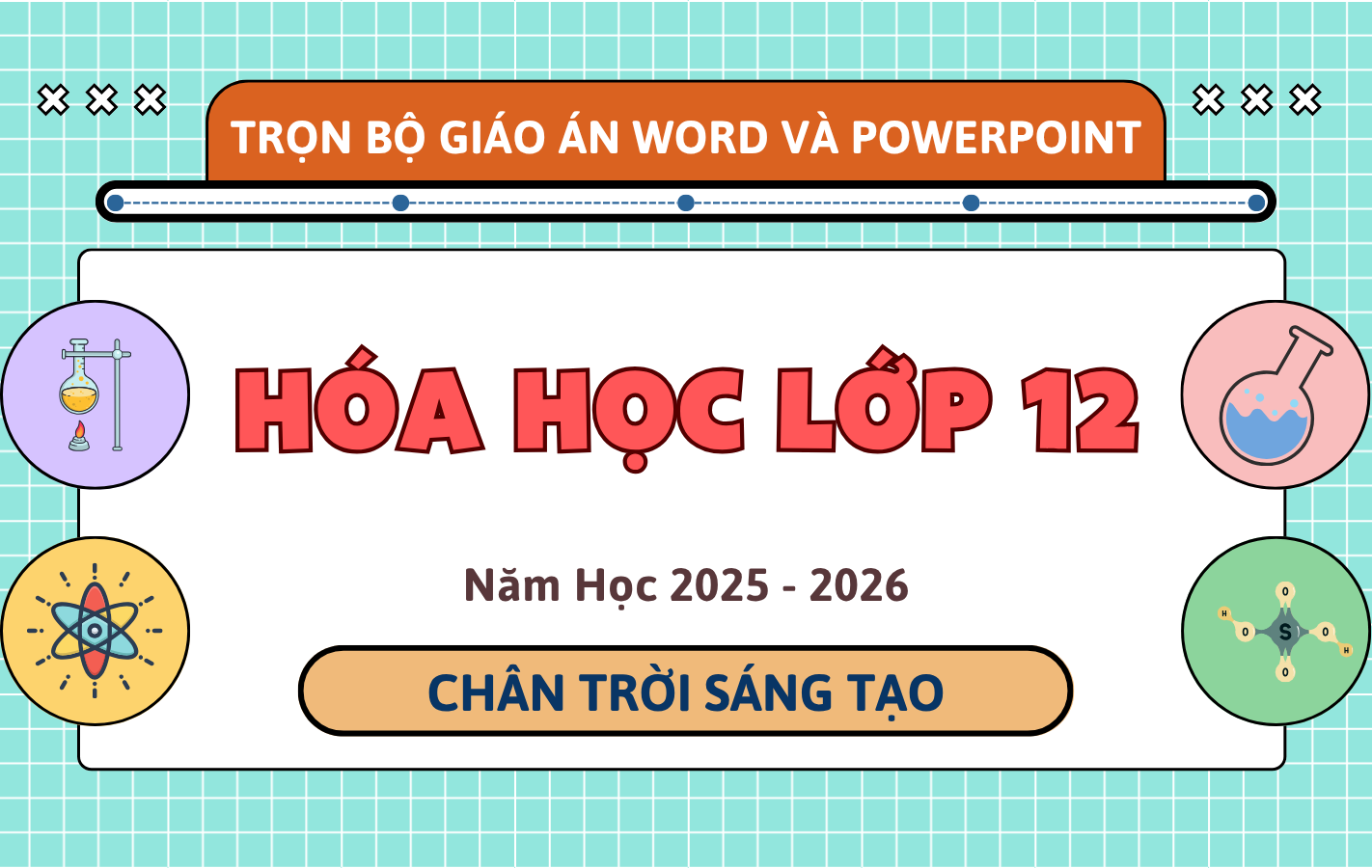
Trọn Bộ Giáo Án Word & PowerPoint Hóa Học 12 – Chân Trời Sáng Tạo – Năm Học 2025-2026
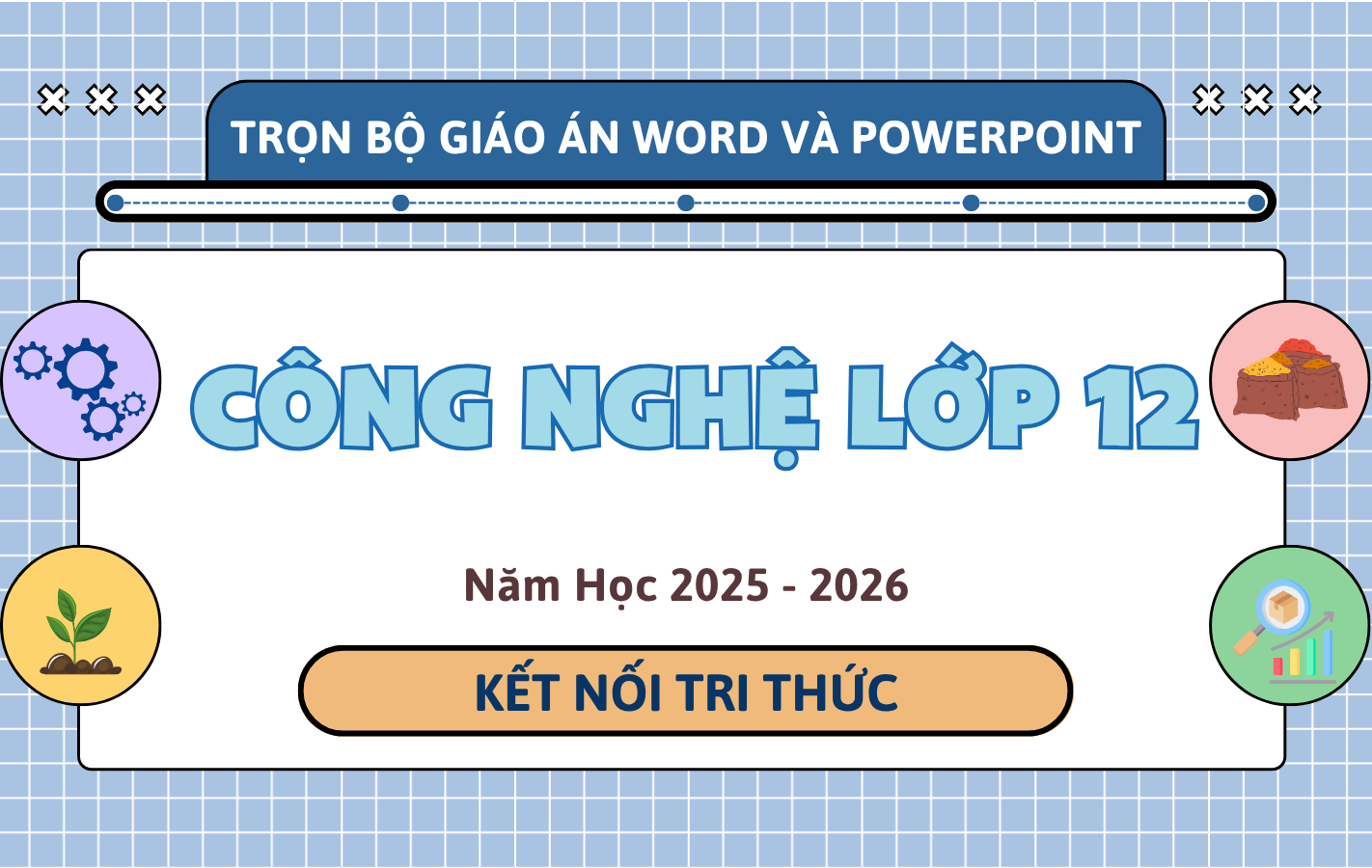
Trọn Bộ Giáo Án Word & PowerPoint Công Nghệ 12 – Kết Nối Tri Thức – Năm Học 2025-2026
